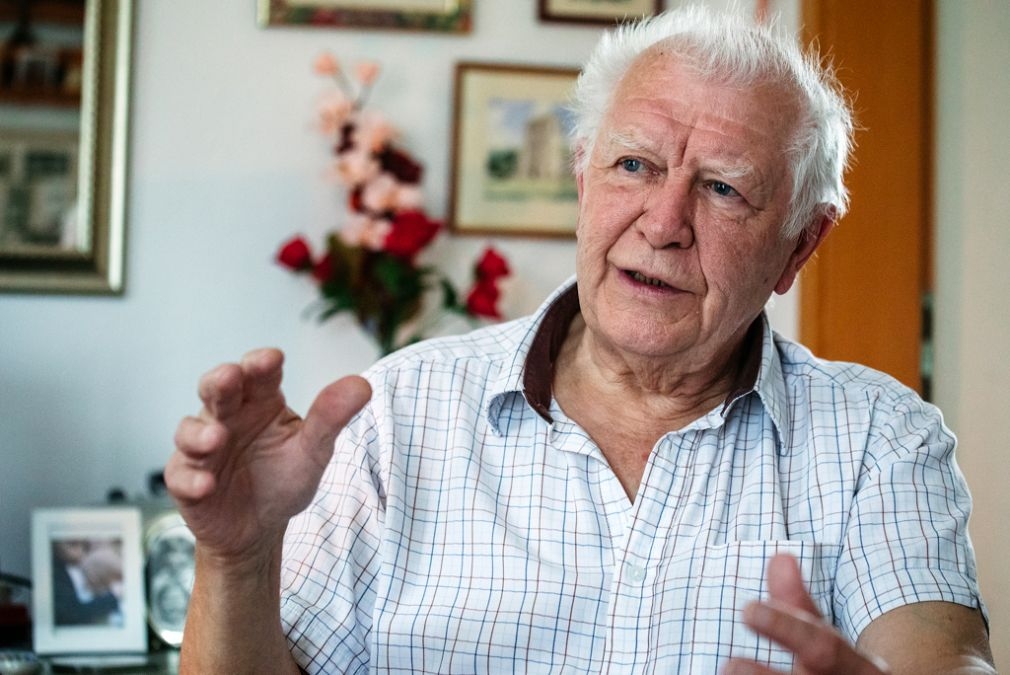The end of World War II for The UK, the US, Australia, and others in the Far East was on the 2nd of September 1945 when Japan signed the document of surrender. The Japanese also had been at war since 1937 when they invaded China and this also ended this war officially on 9th September 1945.
Most Slovenes and others in Central Europe tend to think of the 8th May 1945 as the end of WWII. The war in the Far East is only vaguely known by some and not at all by many.
The fact that the war had not been finalised in May 1945 had an impact on the thinking and actions of the Allies. The British Army in the Far East needed strengthening for the final push against the Japanese and so there was a need to transfer troops eastwards. The Allies also did not know that the atom bomb would be available to bring the war to an early close.
The British Army, named the 14th Army, had done most of the mainland of Asia fighting whilst the Americans had carried on a bloody campaign by air, land and sea in the Pacific. This British Army in fact was the largest army in the British Commonwealth and the world at the time with about 1 million men under command. The backbone of the 14th Army were the 8 units from the British Indian Army . This colonial army was substantial because of the huge numbers of Indian volunteers, 2,500,000 in total. In fact units of the this British Indian Army also as well as the Far East fought in the Middle East and Europe. The Indians fought most courageously in Europe at the battles of Monte Cassino with British, American and Polish units.
The 14th Army was a truly multi-national army with British, Indian (including Nepalese), and West and East African units.
It is interesting to note in the current extreme identity politics of 2020 that contrary to much anti British propaganda these facts and recent surveys show the British as among the most tolerant and least racist of countries in the world.
The war in the Far East was very cruel particularly for those captured at the outset by the Japanese. The prisoners of war on a regular basis were beaten, starved, abused and punished in total violation of the Geneva Conventions. Beheadings were normal occurrences. We, of course, know of the abuses of the Germans but for the regular military prisoners of war the death rate in German prisoner of war camps was about 4%. In Japanese prisoner of war camps it is estimated that deaths were near to 30%.
It is also interesting to learn that the charismatic British Commander of the 14th Army, General Slim had started in World War One as a territorial soldier who became a corporal and soon an officer. He was wounded three times and was considered by Admiral Lord Mountbatten, Allied Commander for South East Asia, the finest General of WWII. He also wrote novels and short stories.
Why should this be of interest to Slovenes other than to know that WWII really finally ended in September 1945? It could be said that the Slovene anti communist domobranci who were murdered in the summer of 1945 were in a way collateral damage of the war in the Far East. Naturally the British wanted to see Europe quietly settle down to occupation zones so that they could transfer troops to the Far East. This, plus the need to avoid a confrontation with communist forces of the Soviet Union and Tito, perhaps led to the disastrously bad decision of the British military to trust Tito’s promises when the domobranci were returned.
I cannot imagine that General Slim, who was a baptised Catholic, would have allowed the repatriations if he had been commander in Southern Austria.

